Enter your local grocery store or gas station and gaze upon the seemingly endless beverage options. While many have alluring and attractive labels, many of these drinks are incredibly unhealthy. Be it excessive sugar, weird preservatives, or other strange hormones, many of the most popular drinks in the world can spell trouble for your health. While some beverages pass the sniff test, there are many others that you should avoid at all costs.
Putting aside the often unhealthy ingredients, most commercially sold beverages come in the form of plastic bottles. According to Consumer Reports, most plastic bottles contain dangerous levels of chemicals like bisphenols and phthalates. Not only are these chemicals harmful to your health, but they also tend to seep from the bottles into the liquids inside. Whatever the case, many beverages should be avoided at all costs. (For more unhealthy digestible items, discover foods and drinks that aren’t as healthy as you think.)
To compile a list of 15 beverages to avoid at all costs, 24/7 Tempo consulted a range of food, lifestyle, and entertainment publications including Delish.com, The Health Site, and New York Post. Next, we selected beverages that showed clear negative connotations for health. After that, we confirmed the aspects of each beverage and their dangers using sites like UCLA Health, The National Library of Medicine, and Consumer Reports.
Regular Cola
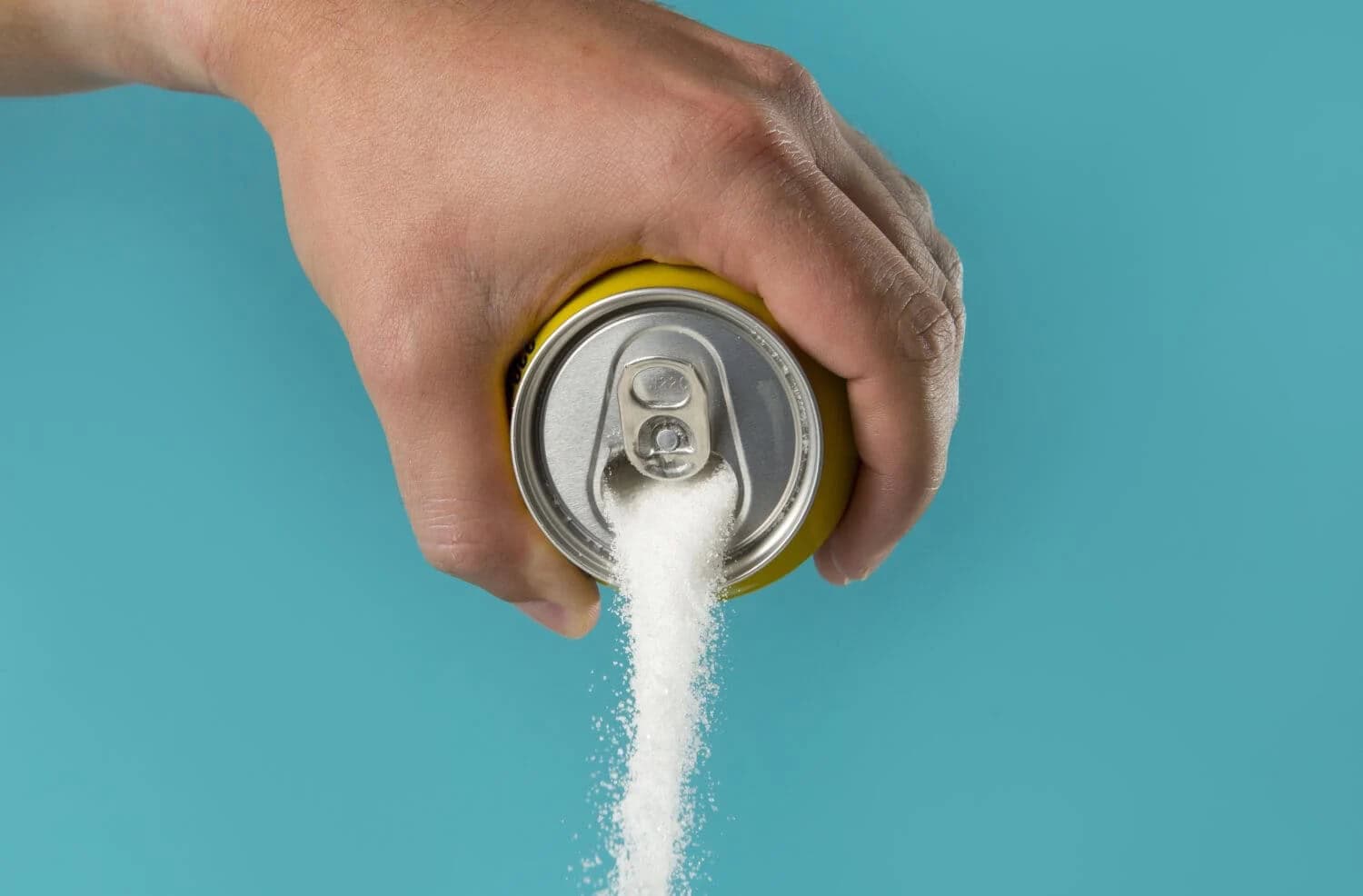
One of the beverages to avoid at all costs is any kind of regular cola. The tasty, regular cola contains heaps of sugar that translates to empty calories for your body. It lacks any meaningful nutrients, so when you drink it, you’re getting none of the benefits you would by eating normal food and all of the downsides.
Furthermore, regular cola is considered a dark soda. While you may think this comes down to its dark, amber-like color, there’s more to the label than meets the eye. Dark sodas often contain phosphoric acid. This chemical prevents your body from absorbing calcium properly. Without proper calcium absorption, your bones weaken. This may cause more physical injuries in the short term and can contribute to developing osteoporosis later in life.
Premixed Alcoholic Drinks
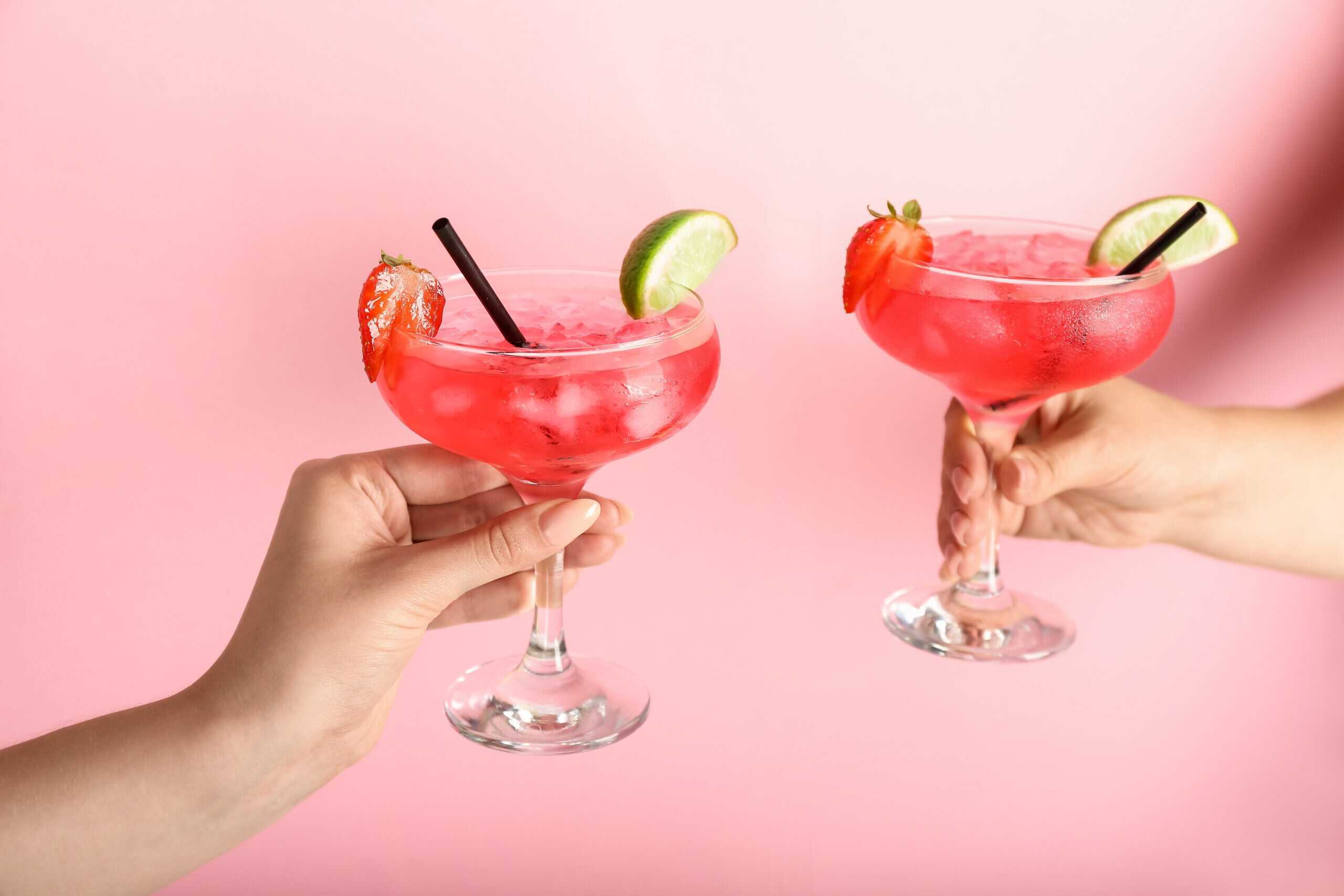
Take a trip to your local grocery store or liquor store and discover dozens if not hundreds of premixed alcoholic drinks like Moscow mules in a can or vodka sodas. While these types of drinks give the convenience of easy drinking, they should be avoided.
Premixed alcoholic drinks usually contain heaps of preservatives. Check the nutritional label on the back of these drinks and marvel at all the chemicals with strange-sounding names contained therein. Furthermore, premixed alcoholic drinks contain inordinate amounts of sugar, far more than the same type of drink ordered at a bar. Buying the ingredients separately and mixing drinks at home remains a far healthier option, even with the alcohol. (For healthier options, discover your best bests for low-calorie alcoholic drinks.)
Premade Protein Shakes
Let’s say you just left the gym and you have a hankering for some kind of nutrient replenishment. Enter a gas station or any type of business that sells drinks and you’ll find a long line of premade protein shakes. While convenient, premade protein shakes are just the type of beverage you should avoid at all costs.
Protein remains the selling point for these types of drinks, however, they also contain large amounts of sugar and other preservatives. Furthermore, unless you’re training to be a bodybuilder or even attempting to put on muscle, you probably don’t need that much protein. Plus, the nutrients contained in premade protein shakes become much more filling when absorbed through normal food.
Juice Made from Concentrate
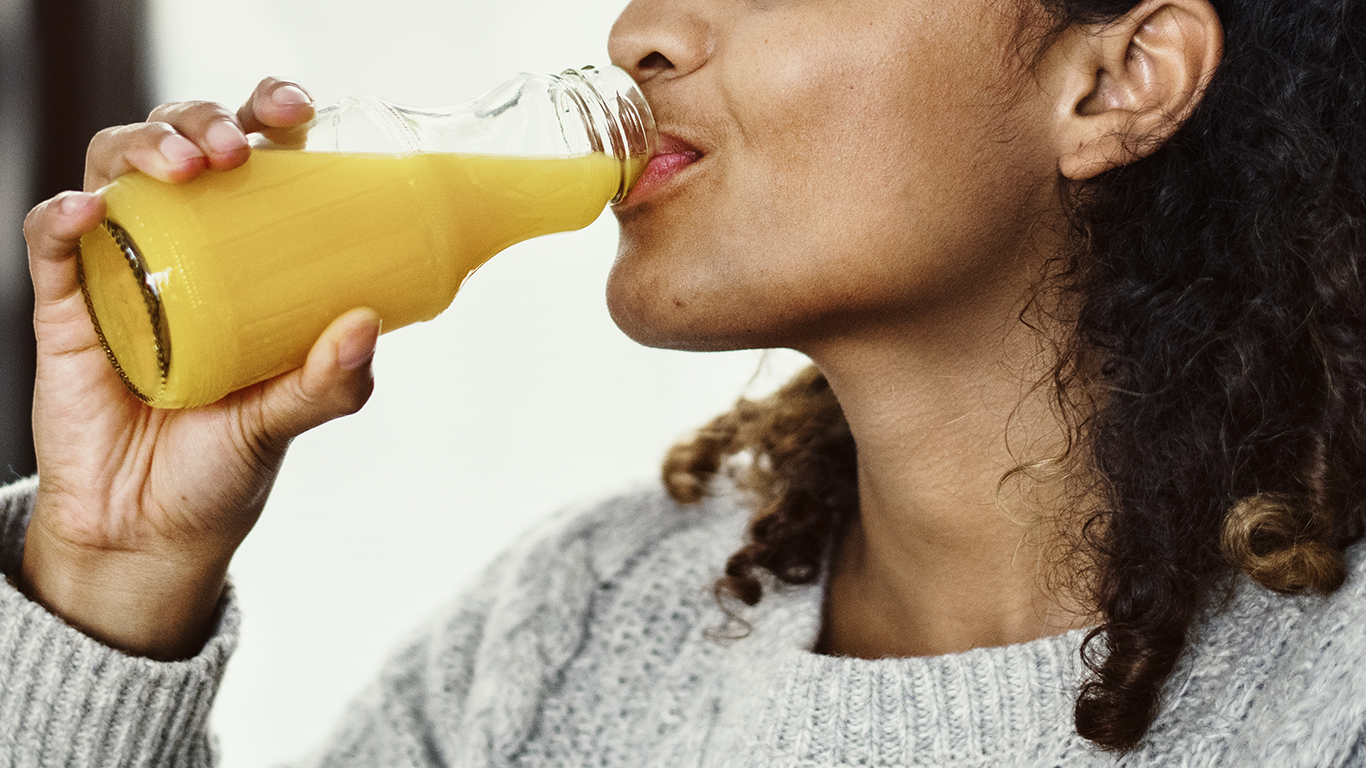
While juices are for sale everywhere, the labeling on these products is often deceptive. Instead of openly declaring the from concentrate production, labels hid on the packaging in small, easy-to-over-look places.
Put simply, “made from concentrate” is a marketing term for “processed.” Processed drinks often contain far too much sugar, as well as strange chemicals that help preserve the product. Sometimes these juices made from concentrate barely contain any fruit juice at all, opting instead to supplant that natural taste with more sugar. As a general rule of thumb, fresh is best; processed is not best.
Electrolyte Replacement Drinks

Electrolyte replacement drinks include drinks like Gatorade, Powerade, or any other type of “replenishing” drink. While tasty, and giving the appearance of healthy, these sports-marketed drinks are anything but.
Often, electrolyte replacement drinks contain artificial coloring and sweeteners that don’t even count as food. Furthermore, their sugar contents reach incredible heights. While drinks like Gatorade have convinced the public they are the best replenishing drink, you’re far better off sticking to water. If that fails to do the trick, add a pinch of salt to your water. This ensures better hydration.
Club Soda
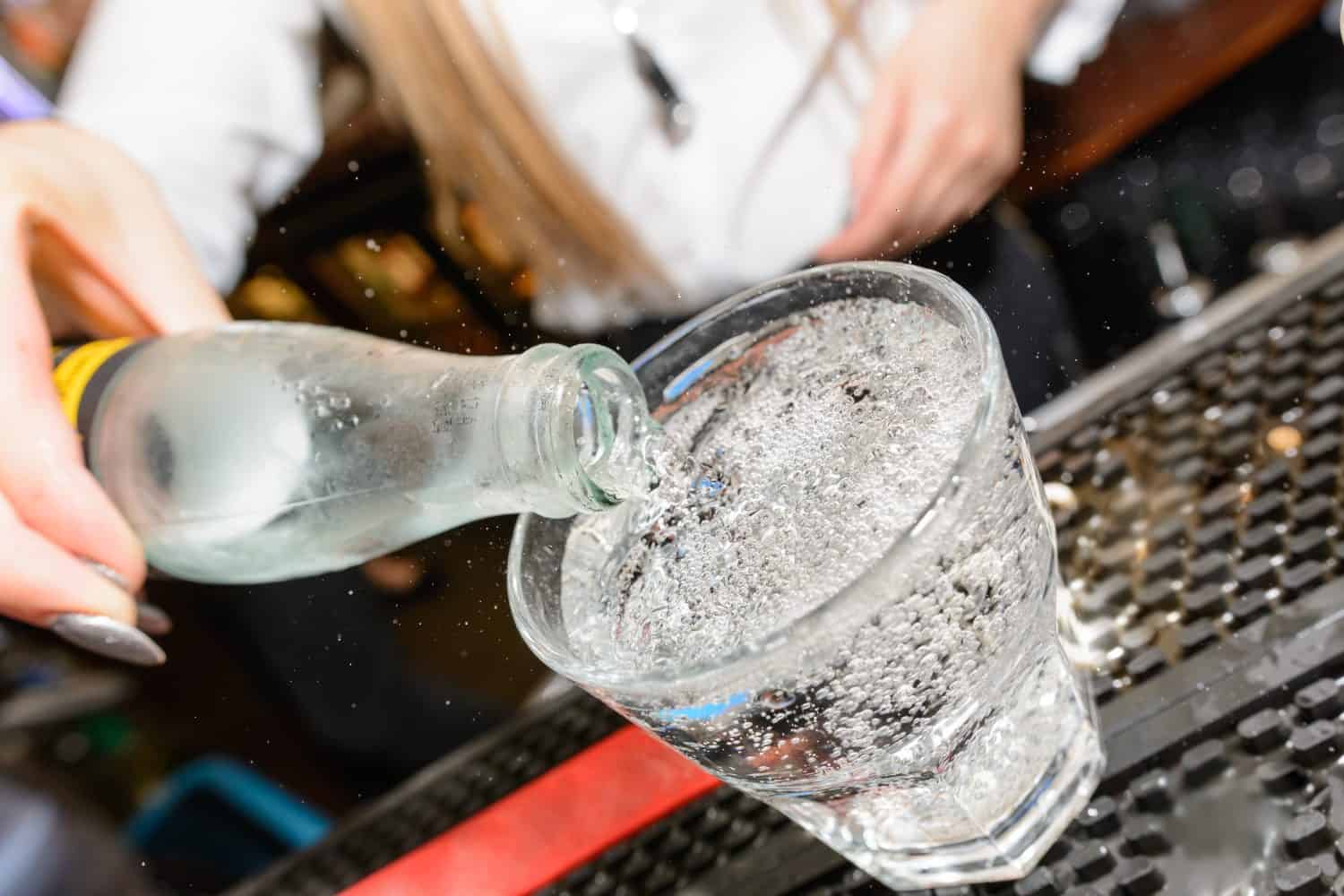
Not to be mistaken for seltzer water, which contains just water and bubbles, club soda provides far more sodium than is needed from a single drink. A single serving of club soda can contain up to 50mg of sodium. This amount uses up a large part of your daily recommended sodium intake.
Another culprit for high sodium is mineral water. While less “fizzy” than club soda, these drinks often contain just as much sodium. Furthermore, these prepackaged drinks often contain preservatives that serve your body no good. Plus, bubbly water beverages remain less hydrating than unadorned water, even if the extra bubbles feel like they satiate your thirst.
Sugary Coffee Drinks
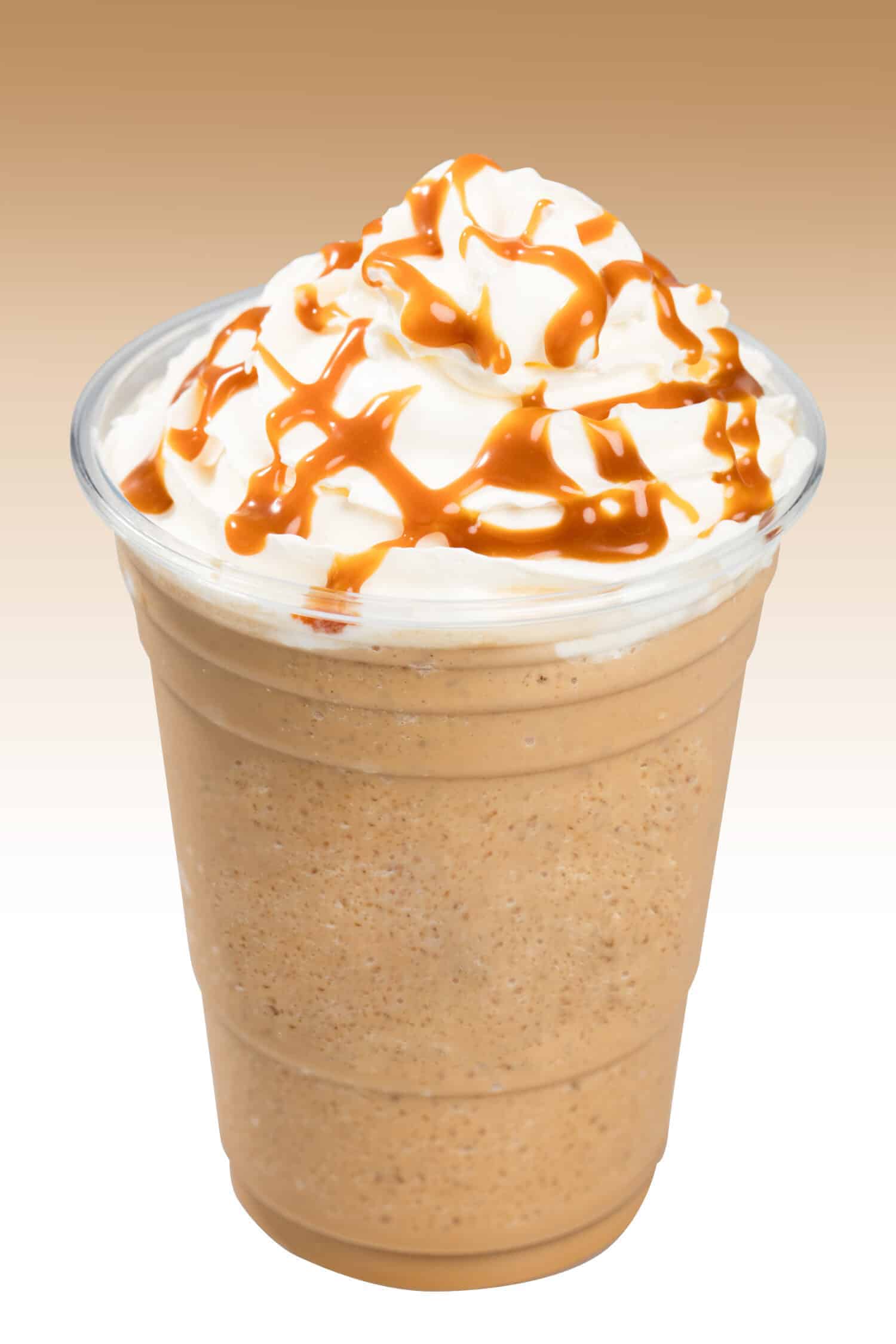
Somehow, probably through targeted marketing, coffee companies like Starbucks injected the need for sugary coffee drinks into the American diet. Beverages like Frappuccinos, while tasty, often contain enough calories to count as an entire meal. For example, even the barest of a Frappuccino can contain upwards of 300-500 calories.
While this may come in handy in special cases, the problem is that sugary coffee drinks act as vessels for empty calories and little to no nutrients besides some calcium from the milk. You can still get your caffeine fix from normal, less-dense beverages like black coffee or tea. Meanwhile, most sugary coffee drinks resemble desserts more than beverages.
Warm Water in Plastic Bottles
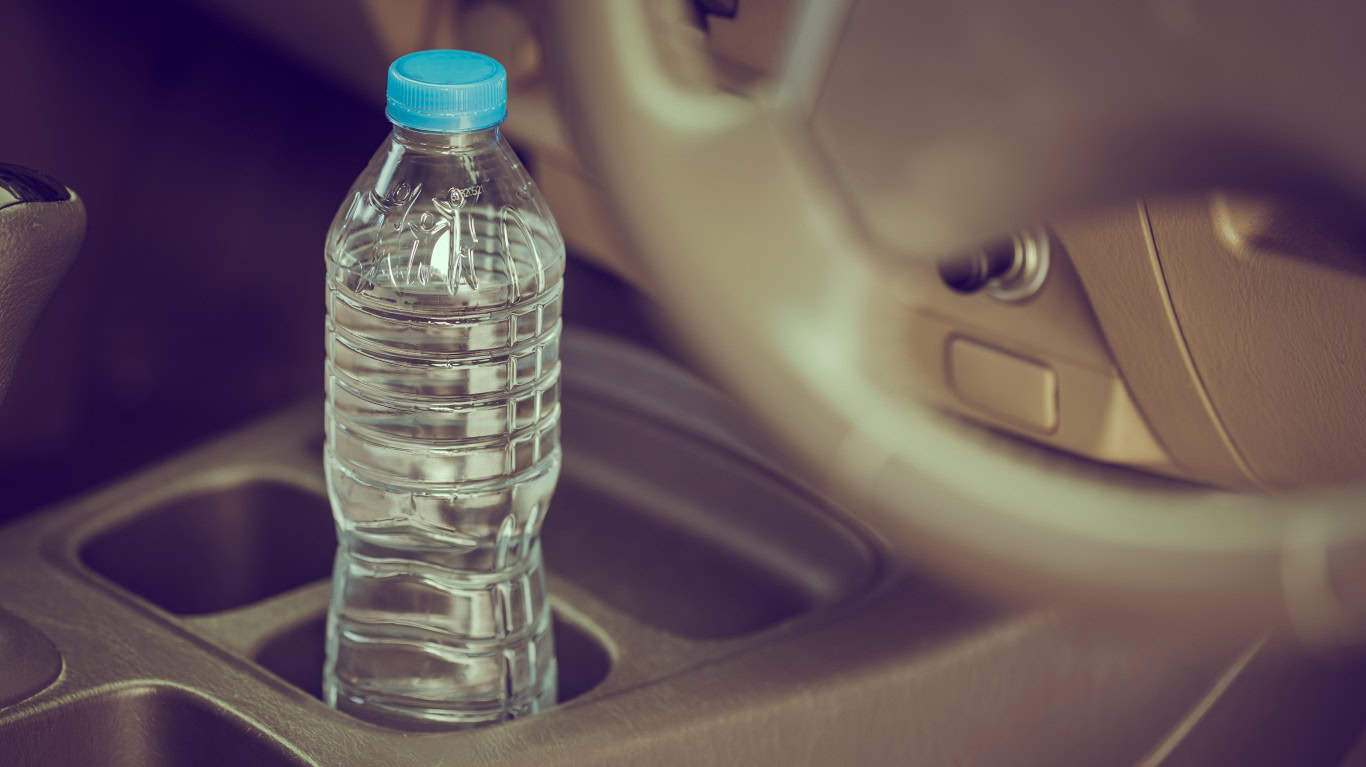
You’re probably thinking, how can water be bad for you? In the right conditions, it isn’t, and your body needs it to survive. A water bottle left out in the sun or a hot car for an extended period, however, can spell disaster for your endocrine system.
That’s because water bottles are made of plastic. When exposed to heat, the bottles release plastic chemicals, which can leech into the liquid itself. These chemicals include bisphenols and phthalates, which can wreak havoc on your hormones, and endocrine system, and even cause cancer with enough exposure. While it’s hard to avoid these chemicals due to the widespread use of plastic for food and beverage containers, you can protect yourself that little bit more by making sure your water bottles stay in a cool, dry place.
Artificially Sweetened, Zero-Calorie Drinks
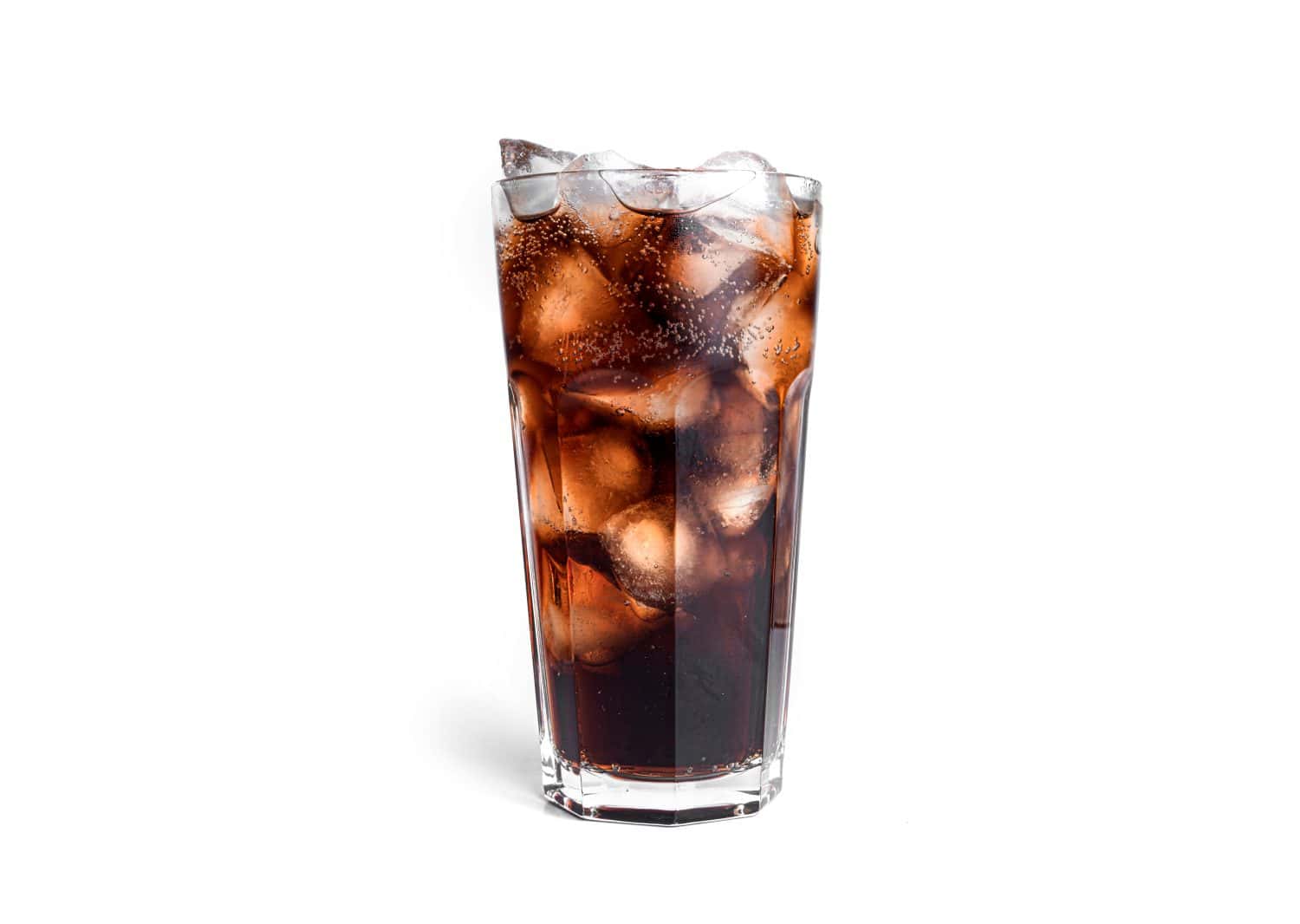
Upon the introduction of sodas and other normally sugary beverages, people clamored for versions without so much unhealthy sweetness. The market responded, providing artificially sweetened, zero-calorie versions of your favorite sodas. It seems like magic, that these drinks taste almost the same as the originals with zero calories and next to no sugar.
The devil is in the details, however, as these artificially sweetened, zero-calorie drinks use artificial sweetener chemicals, artificial flavoring, and other strange preservatives. While these artificial components may satisfy your sugar craving, they often fail to make you feel satiated. Furthermore, these chemicals can cause noticeable disruptions to your gut microbiome. A dysfunctional gut microbiome can contribute to weight regulation. So these drinks may appear magical, but they can make you trade sugar for healthy weight cycles.
Sweetened Nondairy “Milk”
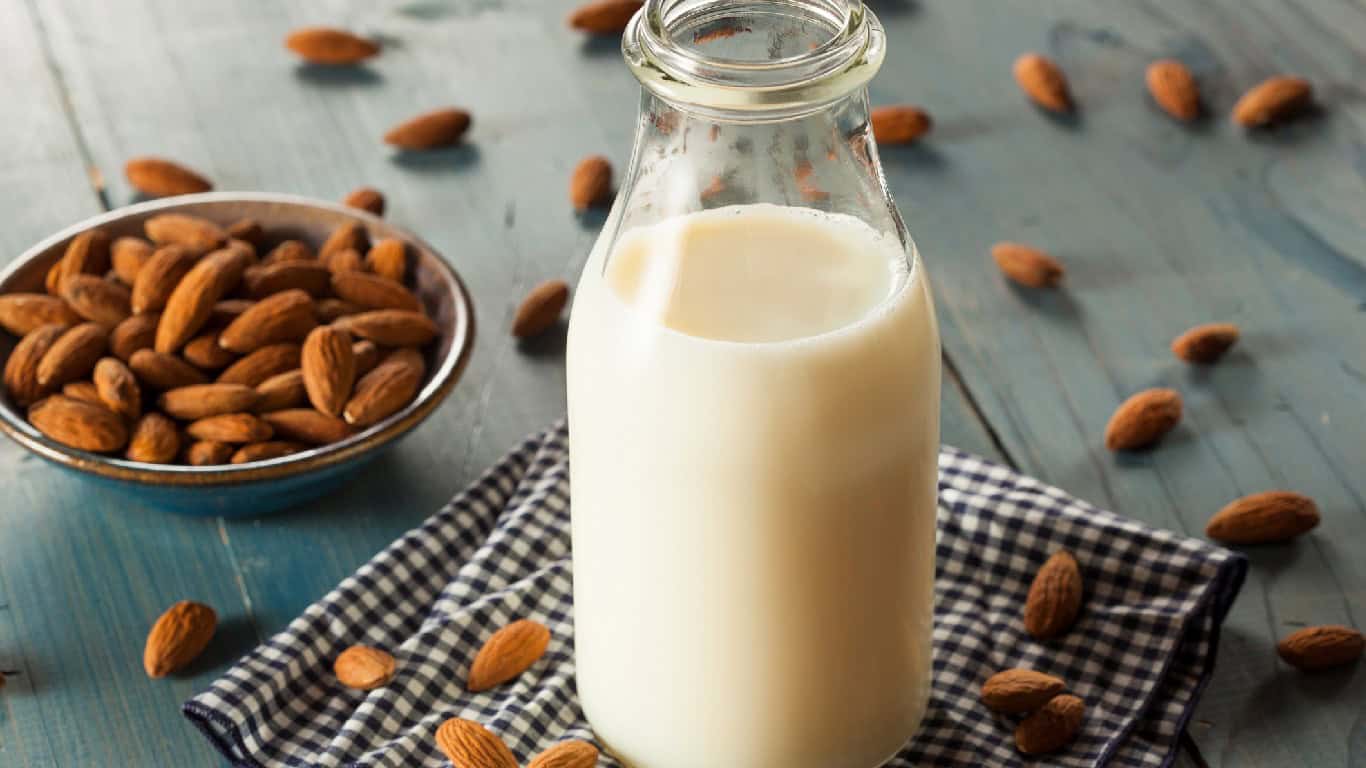
Sometime in the past few decades, people went from drinking normal milk to a litany of different nondairy milk products. These products often derive from nuts, like cashews, almonds, and even soybeans. While they can be a blessing for lactose-intolerant people, these dairy-free milks often taste foul without added sweetness.
Enter the dreaded sugar. It’s used to make these drinks more palatable but ultimately contributes more empty calories to your diet. Furthermore, some of the sweetened nondairy “milks” contain carrageenan. This seaweed-derived product acts as a thickening agent, but will often aggravate your stomach. If you’re lactose intolerant and still need these drinks, look for nonsweetened versions or those without any GMOs.
Regular Milk
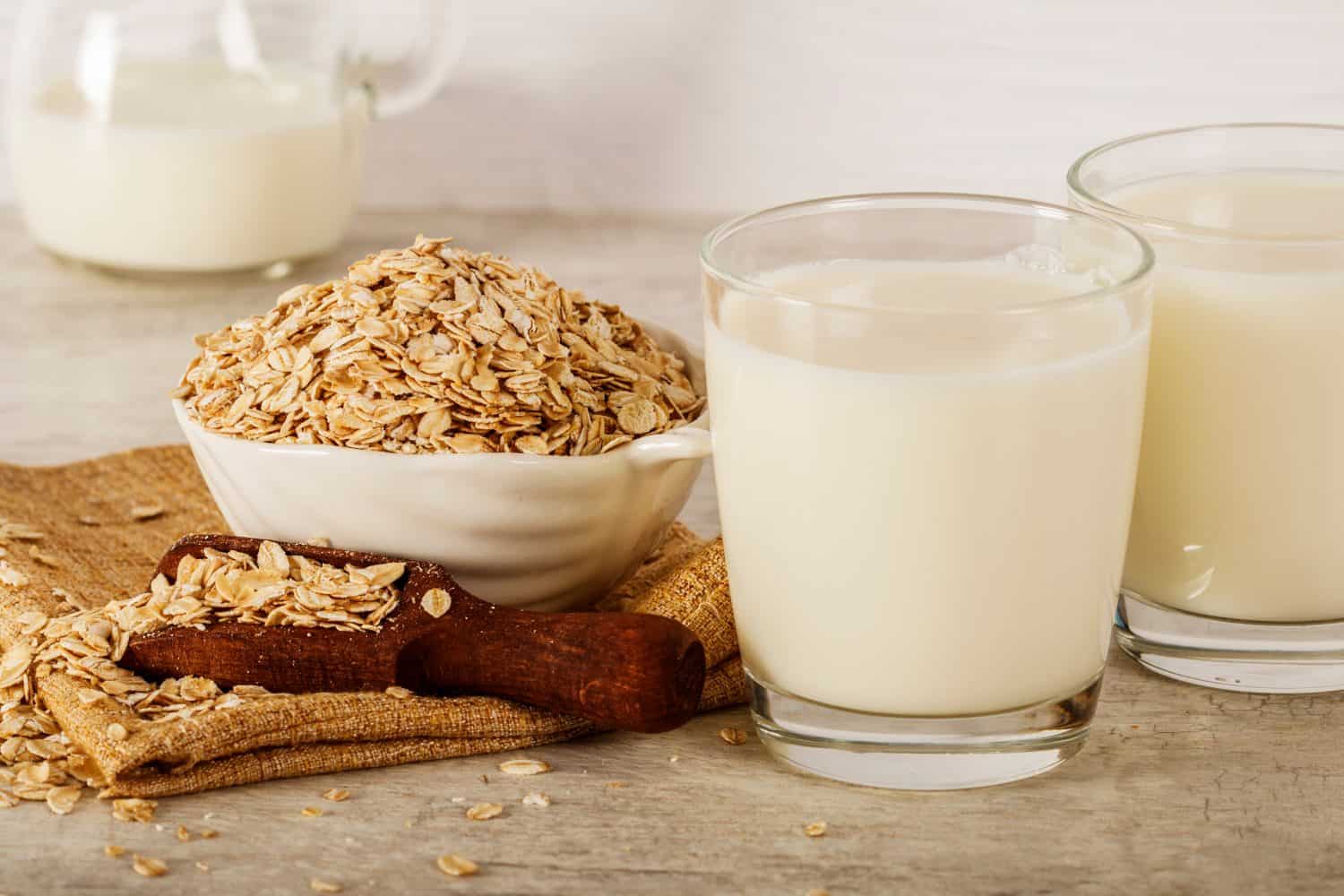
While any type of dairy milk contains good nutrients in the form of calcium and vitamin D, nonorganic kinds of milk may also contain estrogen. Due to the extra hormones pumped into dairy cows to ensure more milk production, these hormones find their way into nonorganic milk.
By consuming these extra sex hormones in your milk, you become more likely to get cancer. A study published by the National Library of Medicine suggests that exposure to hormone-infused conventional milk increases the risk of ovarian, breast, and uterine cancers. To avoid this risk, opt for organic milk instead.
Pasteurized Fruit Juice
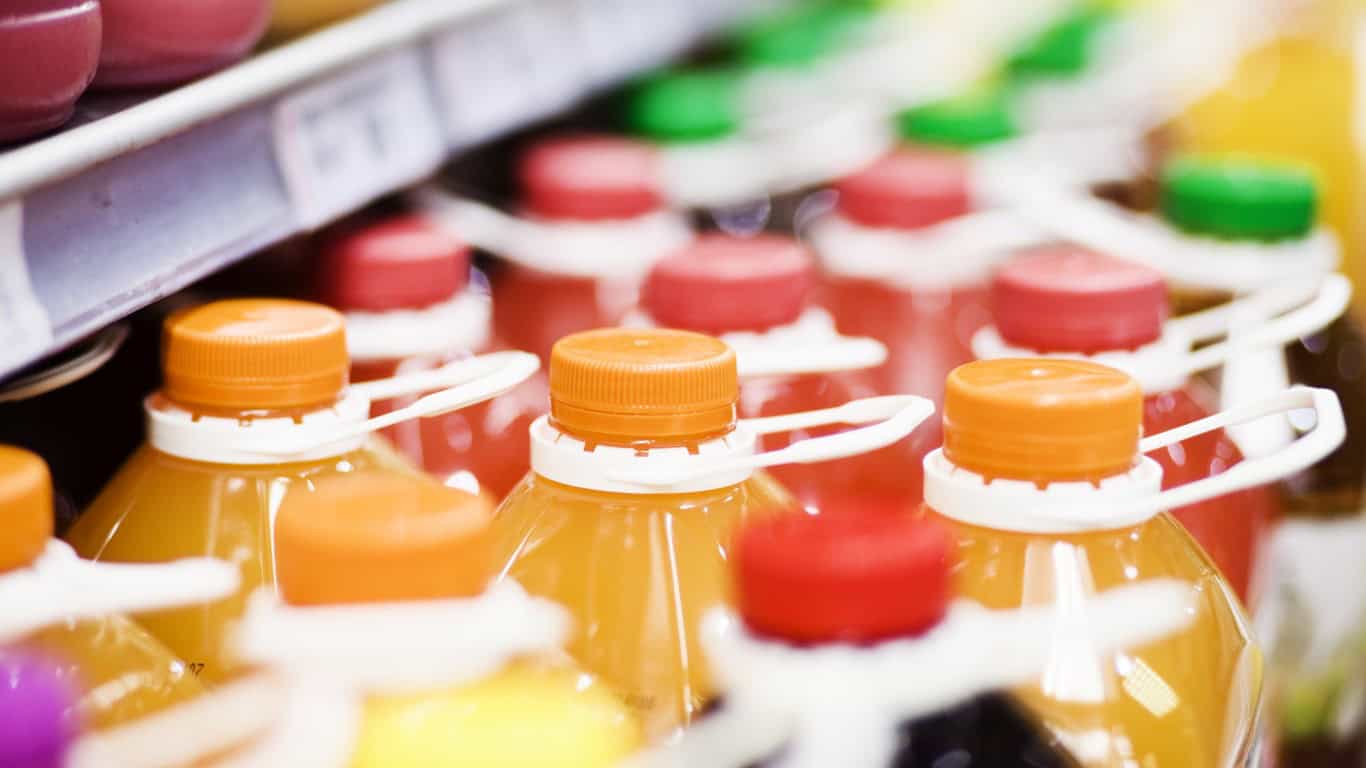
Much like juices made from concentrate, another one of the beverages to avoid at all costs is pasteurized fruit juice. Compared to other entries on this list, pasteurized fruit juice remains one of the healthier options. Pasteurization is an important process that ensures food and beverages contain less bacteria.
The problem is, however, that pasteurized fruit juice contains far more servings of fruit than you would ever eat on your own. Factor in all the extra sugar from consuming that much fruit, and suddenly you’ve added hundreds of calories to your diet. Furthermore, pasteurization strips fruit juice of its fiber. In turn, you’re provided with empty sugar calories, and no fiber to help you feel full.
Extra-Large Coffee

While coffee remains the lifeblood of our society, too much of it is never a good thing. Its principal ingredient, caffeine, provides extra productivity and wakefulness, but the difference between medicine and poison is the dose.
Too much coffee, meaning too much caffeine, can cause anxiety, dread, and other nervous system responses. Furthermore, too much coffee will cause dysfunctions in your sleep schedule. While beverage sizes continue to increase, you’re best off buying smaller portions of coffee at a time. No one likes the midday caffeine shakes after chugging strong coffee all morning.
Iced Tea
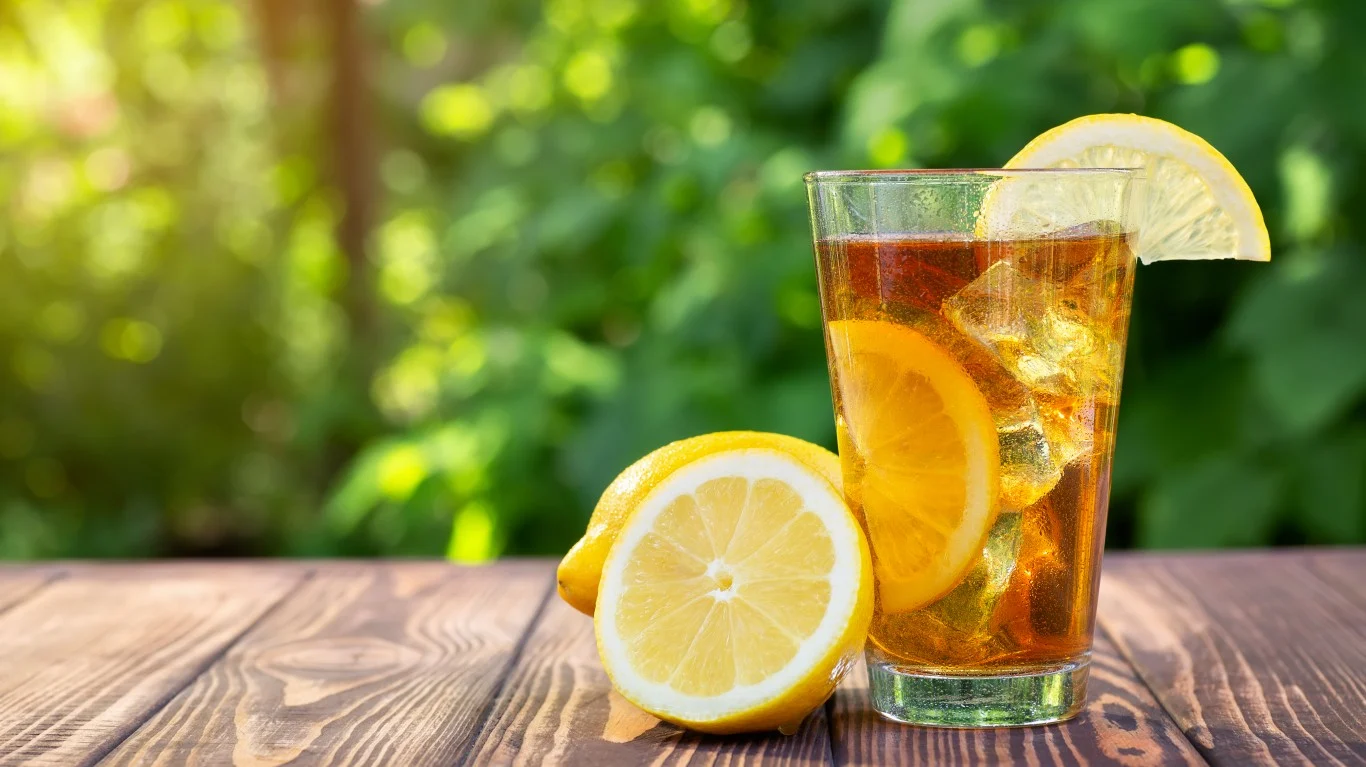
Like other sugary beverages on this list, iced tea sweetened with sugar gives you empty calories with inordinate amounts of sugar and fails to satiate your stomach. Furthermore, excessive sugar consumption is associated with the development of metabolic syndrome and Type 2 diabetes. Plus, iced tea often contains caffeine, which can induce anxiety or mess with your sleep.
Agave Nectar-Sweetened Drinks
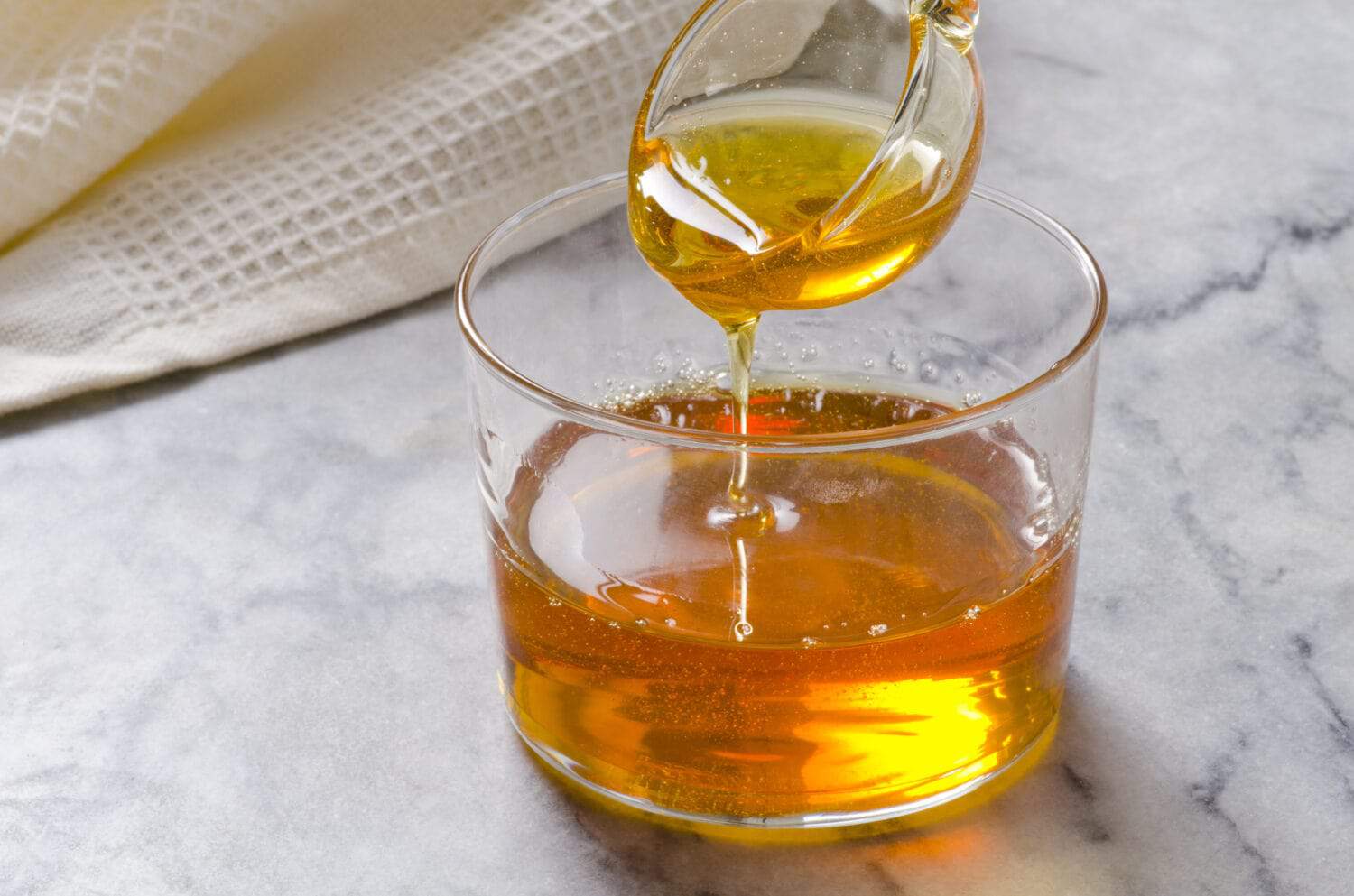
In a time of low-calorie, no-sugar beverages, companies are always on the lookout for “healthy” sweeteners to infuse into their drinks. One such option is agave nectar. The problem with agave, however, is it is even worse for you than high-fructose corn syrup.
Even the “healthiest” agave nectar-sweetened drinks contain 80% to 90% of fructose, which is far more than high-fructose corn syrup. Once in your body, this fructose converts to glucose, which stores itself as fat. Furthermore, this amount of fructose is bad for your gut and causes unpleasant symptoms like diarrhea, bloating, and overall discomfort. (For other deceptively sugary beverages, learn about 15 drinks that contain way more sugar than you think.)
